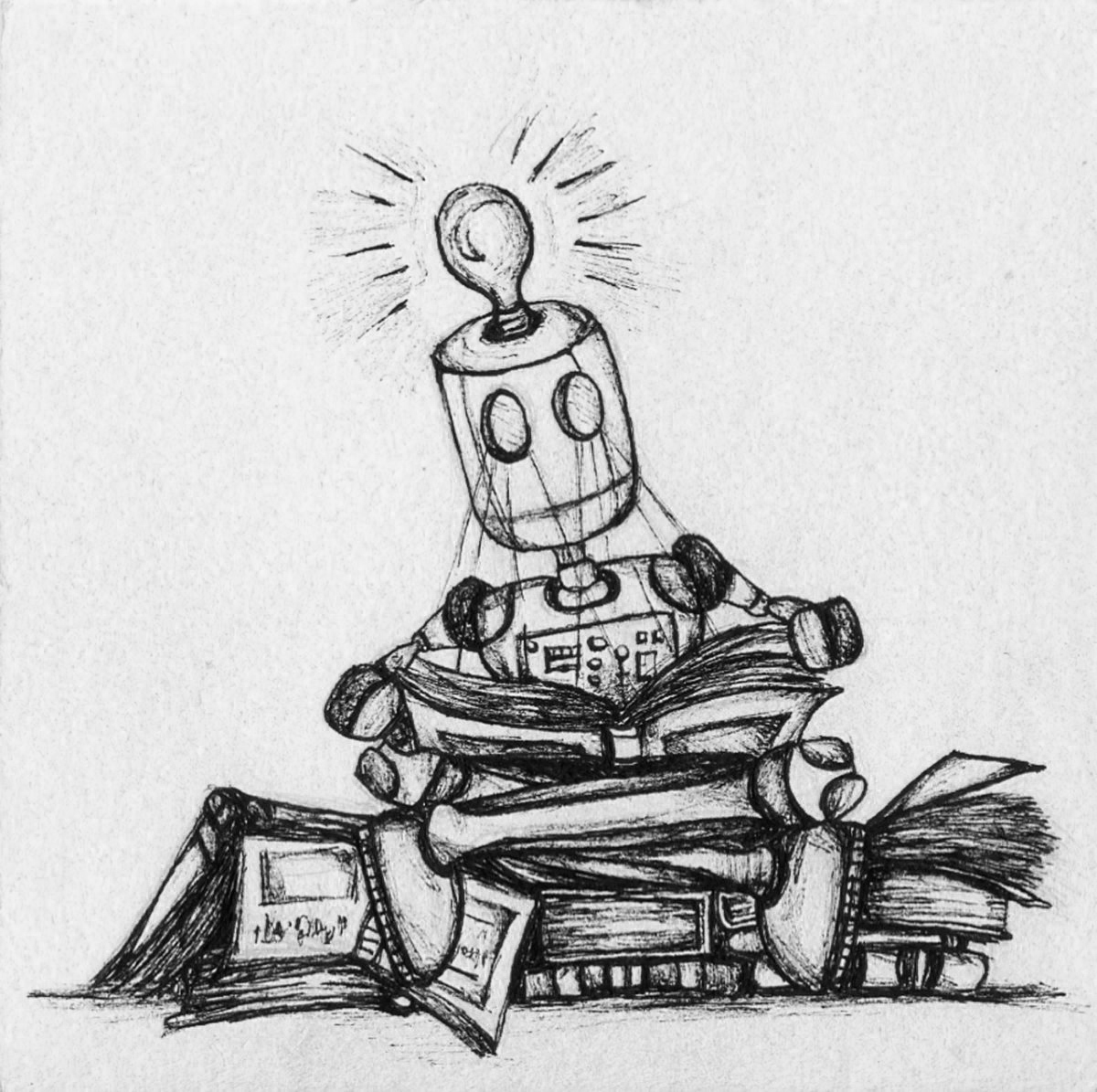Dear Brothers and Sisters in Christ,
“Here I am, Lord
Is it I, Lord?
I have heard you calling in the night
I will go, Lord
If you lead me
I will hold your people in my heart”
(Words and Music by Dan Schutte, 1981; adapt. by Carlton R. Young, 1988)
A few years ago my dear friend, Robbie, gave me new insight into the significance of this song. We must have been singing it in a service and I told her how much I liked it. She said something like, “But have you ever thought of the seriousness of the words–about what you’re saying when you sing this song?”
And, therein, lies the beginning of another journey with the Lord…
I had to admit to her–and myself–that, no, I really hadn’t thought much about it. The song is so upbeat and we usually sing it with such enthusiasm that it gives the impression that I’m ready to do anything for the cause of Jesus. “Send me anywhere, Lord! I’ll do anything! I’ll go to Africa (or the popular third-world country of the month) and be a missionary! I’ll lay my life on the line for You, Lord! I’ll drop everything to serve you!”
But then I begin to sound like Peter–the pre-crucifixion version–ready to walk on water, even get in front of Jesus’ face and stop Him from going to the cross, or run out and cut off someone’s ear,. Peter was ready all right–before the arrest actually came and he was recognized by an adolescent girl.
Poor impulsive Peter. Yeah, and poor reluctant me! And perhaps I am not alone in not really considering the cost of volunteering for duty.
The song comes from Isaiah 6, where the prophet says, “Then I heard the voice of the Lord saying, ‘Whom shall I send? And who will go for us?’ And I said, Here am I. Send me!” (Isaiah 6:8 NIV)
The Lord’s call can elicit varied responses from us, but basically they seem to fall into one of two categories. The first one–the one Isaiah gives–might be termed:
“What do you want me to do, Lord?”
To be fair, let’s look at the event that led up to Isaiah’s rush to volunteer–with no details about what he was to do, I might add.
“In the year that King Uzziah died, I saw the Lord seated on a throne, high and exalted, and the train of his robe filled the temple. Above him were seraphs, each with six wings: With two wings they covered their faces, and with two they covered their feet, and with two they were flying.
“And they called to one another: ‘Holy, holy, holy is the Lord Almighty; the whole earth is full of his glory.’
“At the sound of their voices the doorposts and thresholds shook and the temple was filled with smoke.
“‘Woe to me!’ I cried. ‘I am ruined! For I am a man of unclean lips, and I live among the people of unclean lips, and my eyes have seen the King, the Lord Almighty.’
“Then one of the seraphs flew to me with a live coal in his hand, which he had taken with tongs from the altar. With it he touched my mouth and said, ‘See, this has touched your lips; your guilt is taken away and your sin atoned for.’
(Isaiah 6:1-7 NIV)
At this point, Isaiah, steps up front and center and volunteers.
Now, although none of us are probably called exactly as the prophet Isaiah, he was just a human being–as are you and I. When I put myself in his place–as little as I can imagine it and feel it, it’s a vast understatement to say that this was quite an impressive scene.
Let’s say that any of us has witnessed such a spectacle. The often overused word awesome comes to mind. Although it is used to describe everything from a movie to a praise and worship song and more, surely no one would argue that it is misused in this regard. In fact, it falls short of describing the effect of being in the presence of, and beholding, Almighty God. Moses could not see the face of God because it would be fatal, but Isaiah apparently does such a thing and, naturally, believes he is not long for this world.
Then his lips are made clean by one of the seraphim (highest order of angels) who serve God.
THEN, Almighty God asks the all-important question. I’d like to think that, under these overwhelming conditions that I, too, would raise my hand in the air and wave it wildly like a kid who finally knows the right answer in school and say, “Me, me! I’ll go!”
But then, I come back to the reality of my real life and I realize: Many times I know as well as I’m sitting here that the Lord is calling me to do something and yet…I…hesitate. Oh, if it falls into the category of calling the equipped, I’ll gladly answer the call. “Yes, Lord, I’ll go.” In fact, these times usually call for me to do something I know entails the use of gifts and talents I know I have, and are well within my comfort zone. To be honest, I don’t have to even wait for a call in these situations but often tell Him, “Lord, let me serve here.”
Now, I’m saying this in full recognition that God does give us particular gifts and talents and directs us in their use. And we are expected to use them. He knows us better than we know ourselves and gives us outlets for service which are useful in the Kingdom and–surprise, surprise!–are even pleasurable to us. But doesn’t He equip the called as well? Might we be called to step out in faith and do something which does not seem to fit in with our individual gifts and/or talents?
In those instances–when a challenge is presented in response to my “What do you want me to do, Lord?” -that my question becomes:
“Lord! You want me to do WHAT?”
Now, Isaiah didn’t flinch when the Lord told him what the task was:
“He said, ‘Go and tell this people: ‘Be ever hearing, but never understanding; be ever seeing. But never perceiving.’
Make the heart of this people calloused; make their ears dull and close their eyes.
Otherwise they might see with their eyes, hear with their ears, understand with their hearts, and turn and be healed.'” (v9-10)
I would probably have said something like, “Well, then…what’s the point?” It looks like a waste of time and energy, as well as being potentially embarrassing–or worse.
But then that’s me–not Isaiah.
The remembrance of “Here I Am, Lord”, and the experience with Robbie, came to mind only recently. I’ve been rereading Prayer of Jabez by Bruce Wilkinson. In writing about how God usually responds to our request that He “enlarge my territory”, he says,
“As God’s chosen, blessed sons and daughters, we are expected to attempt something large enough that failure is guaranteed…unless God steps in. Take a minute to prayerfully comprehend how contrary that truth is to everything you would humanly choose: it goes against common sense, it contradicts your previous life experience, it seems to disregard your feelings, trainings, and need for security; it sets you up to look like a fool and a loser. Yet it is God’s plan for His most-honored servants.”
Wilkinson goes on, “For most of us our reluctance comes from getting our numbers right, but our arithmetic wrong. For example, when we’re deciding what size territory God has in mind for us, we keep an equation in our heart that adds up something like this:
“My abilities + experience+ training + my personality and appearance + my past + the expectations of others = my assigned territory.
“No matter how many sermons we’ve heard about God’s power to work through us, we simply gloss over the meaning of that one little word through. Sure, we say we want God to work through us, but what we really mean is by or in association with. Yet God’s reminder to us is the same one He gave the Jews when they returned from captivity to a decimated homeland: ‘Not by might nor by power but by My Spirit, says the Lord of hosts.’ (Zechariah 4:6)
“Our God”, Wilkinson continues, “specializes in working through normal people who believe in a supernormal God who will do His work through them. What He’s waiting for is the invitation. That means God’s math would look more like this:
“My willingness and weakness + God’s will and supernatural power = my expanding territory.”
For all his impulsiveness and reliance on his own strength, when Peter stepped out of the boat in response to Jesus, he started out right, with his eyes on Jesus. As long as he did that he was okay. It was only when he considered the circumstances that he began to sink.
Lord, let me remember that I do nothing for you out of my own strength; that it is not by my might nor by my power but by Your spirit. Today I step out of the boat relying fully on You.
Today, let me join You in Your work.
Love,
Brother Bill






